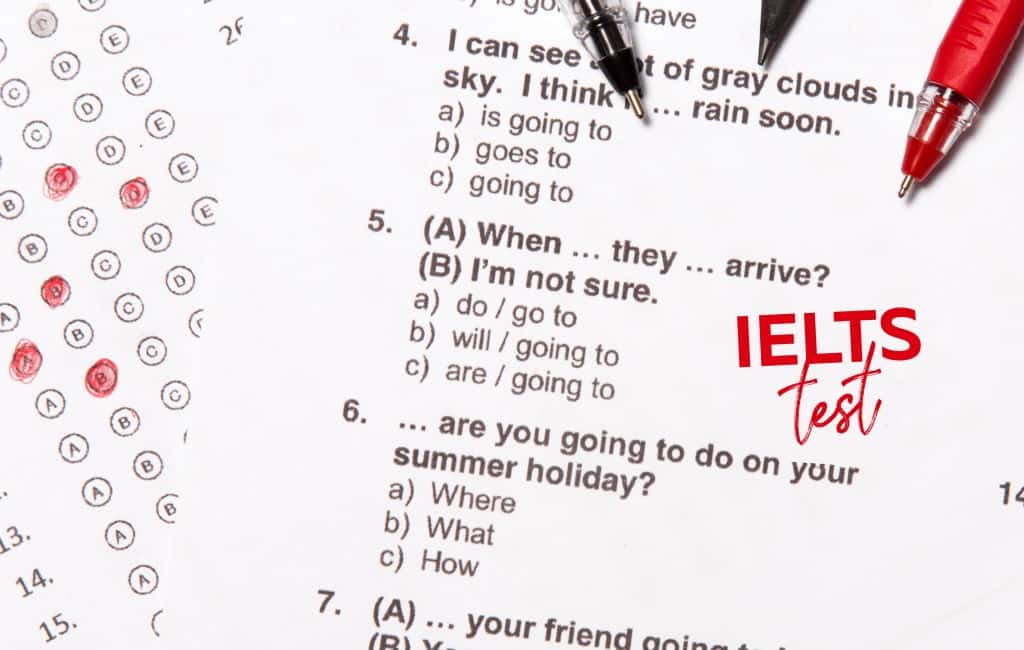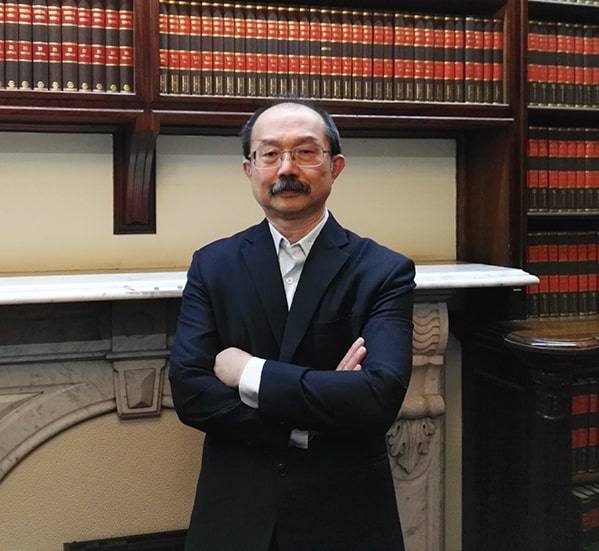
Employer Nomination Scheme (Class EN) (Subclass 186) Direct Entry Stream or Subclass 186 Visa
Employer Nomination (Subclass 186) Visa (Direct Entry stream) allows an Australian employer to nominate a suitably qualified overseas worker (‘the nominee’) to work for them in Australia. Click here to learn more.
The nominee’s occupation must be in the Australian labour shortage list, also known as the Medium and Long-term Strategic Skills list or the MLSSL (click here to view the MLSSL). If the nominated occupation is not in the MLSSL, you will not be able to sponsor him or her for Employer Nomination (Subclass 186) visa.
Your nominee’s skills must be assessed to demonstrate that he or she has the required skills and qualifications for the position you have nominated. Skills assessment is usually valid for either 2 or 3 years and can usually be renewed.
You can only nominate a person who have at least 3 years of full-time experience working in the nominated occupation and at the level of skill required. If the nominated occupation requires licensing or registration or to be a member of a particular professional body, your nominee must be able to satisfy this requirement.

Training Contribution Charge
To submit a Subclass 186 Nomination application (click to learn how to prevent nomination refusal), your sponsor must also make a training contribution or the Skilling Australians Fund (or SAF) levy. There is no exemptions from the SAF levy unless the Subclass 186 Nomination application is for a Minister of Religion or Religious Assistants under the Labour Agreement stream.
The SAF levy payable is:
- annual business turnover is less than $10m – $3,000
- annual business turnover is more than $10m – $5,000

Do I need English?
Your nominee must demonstrate that he or she has at least competent English language proficiency, for example, obtaining at least 6 in each component of the IELTS test. Proof of English language proficiency is not required if the nominee is a citizen of, and holds, a passport issued by the UK or USA or Canada or NZ or the Republic of Ireland.
Exemptions from age and skills requirements – LIN 19/216
Age and skills exemptions apply to:
- academic applicants
- science applicants
- Subclass 444 / 461 workers
If the nominee include his or her family members in a combined visa application, any applicants above 18 and do not have functional English, for example, obtained at least 4.5 in each of the component in the IELTS test will be required to pay a second visa application fee or charge (2VAC) of $4,890 unless waived by the Department of Immigration (Department of Home Affairs).

Including family members
Members of the nominee’s family have to lodge a combine visa application for the grant of the Employer Nomination (Subclass 186) visa. Once the visa application is lodged, only newborn baby or new partner (spouse or de facto partner) can be added to the visa application as they are taken to have made a combined visa application.
Your nominee must be less than 45, unless the nominated occupation or position is for a senior academic or a scientist, researcher, or technical specialist at ANZSCO skill level 1 or 2. However, this only applied to nomination made by an Australian government scientific agency or you have a Labour Agreement with the Department of Immigration that allow your nominee to be over 45 at the time of application.
The Employer Nomination (Subclass 186) Direct Entry visa application involve you lodging a nomination application. And if the Department of Immigration approved the nomination, your nominee (and family members) will then lodge an application for their ENS (Subclass 186) visa.

Is there a minimum salary?
If you do not pay your nominee more than $250,000 per year, his or her salary must not be less than the Annual Market Salary Rate or AMSR. The AMSR is what an equivalent Australian worker would be paid under an enterprise agreement or industrial award or similar to salary offered in job outlook info, and other ads for the last 6 months for the same or similar position in the same location. You can also request from union or employer associations the salary other employers would pay for the same position you offered your nominee. However, the salary you have agreed must not be less than $53,900 (known as the Temporary Skilled Migration Income Threshold or TSMIT), not including any non-monetary benefits per year.
If your nomination is approved by the Department of Immigration and the nominee is in Australia, when he or she lodged the visa application for the Employer Nomination (Subclass 186) visa, the Department will usually grant a Bridging Visa (click here to learn more about Bridging Visa).
If your nominee is in Australia, he or she must hold a substantive visa or a Bridging Visa A or Bridging Visa B or Bridging Visa C and is not prevented by section 48 or other statutory bar to lodge a valid application for a Employer Nomination (Subclass 186) visa.
Even if the nominee’s current substantive visa has a “No further application” or condition 8503, the Department of Immigration may waive this condition to allow him or her to lodge a valid visa application.
During the COVID-19 Pandemic the Department will prioritise your visa application if your occupation is in the PMSOL (click here to learn more).
You should note that it is an offence to pay someone to sponsor you for this visa and your visa can be cancelled (click here to learn more).
Australian migration law is complex and difficult to understand, contact our immigration lawyer for a consultation (fee applies) to help you decide if you are eligible to sponsor an overseas worker (click here to find out how an immigration lawyer or registered migration agent can help you). You may also refer to our FAQs for answers regarding visa application or visa cancellation by clicking here.


041 222 4020 or WeChat: AUDvisa
This article is not intended to be or taken as migration legal advice. The author of this article disclaims any liability for any action or omission on the information provided or not provided in this article. You should always consult an immigration lawyer or a registered migration agent to form an informed opinion on your immigration matter.



